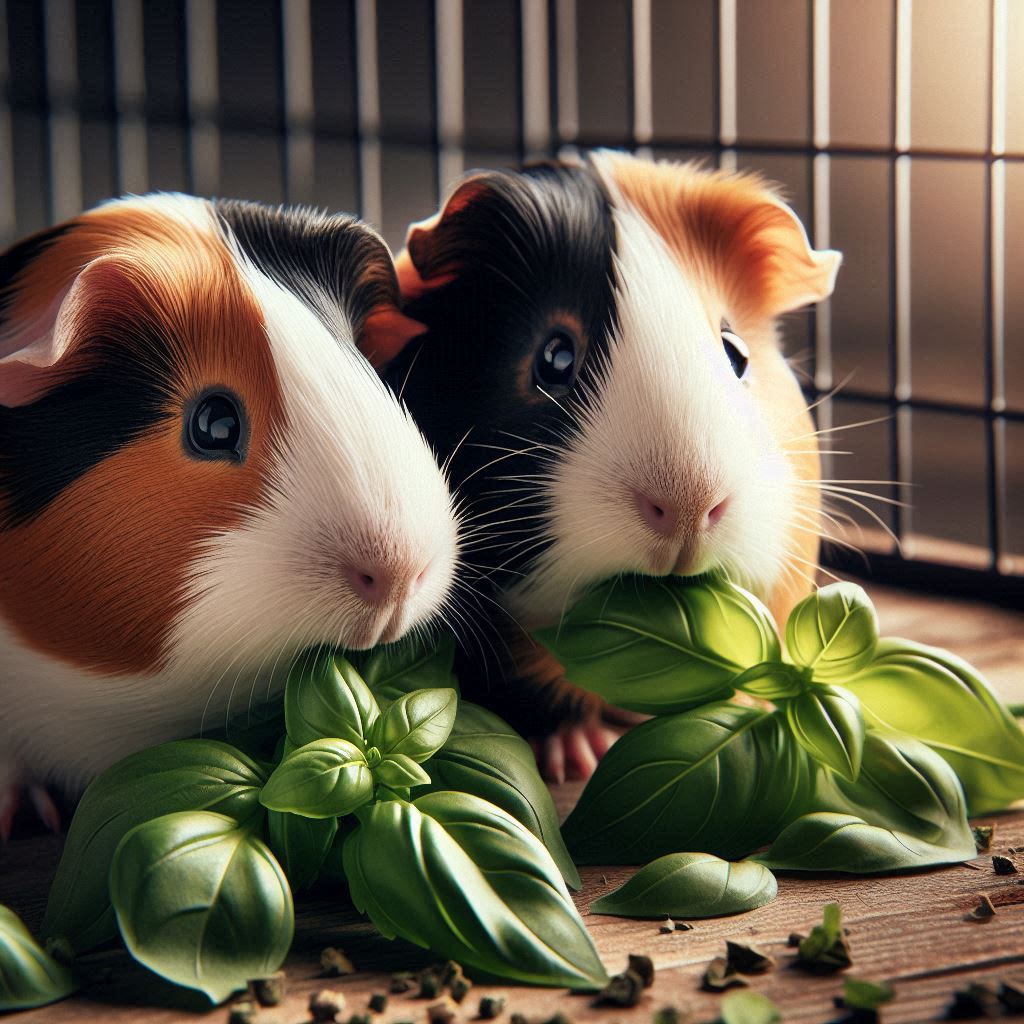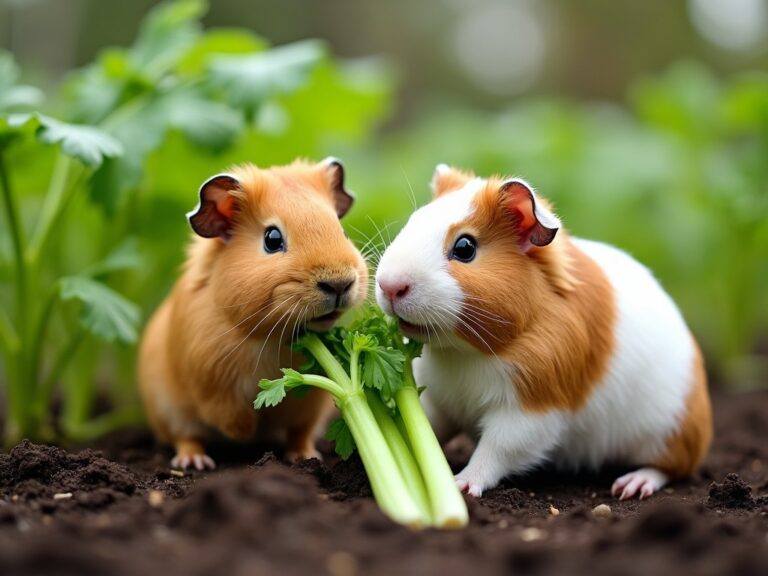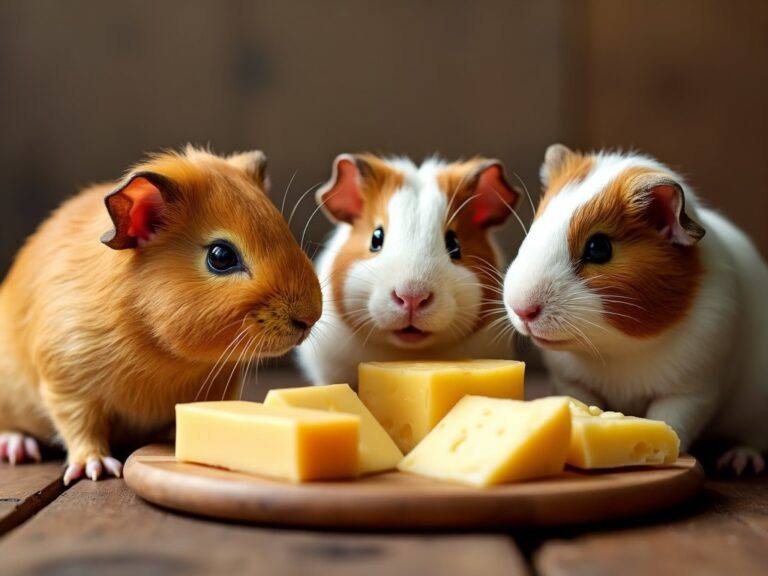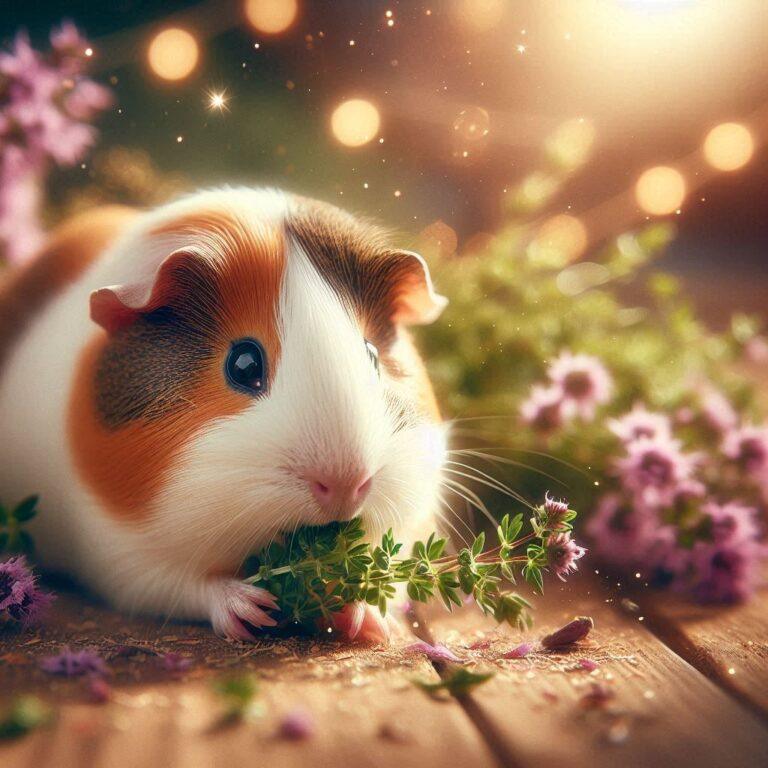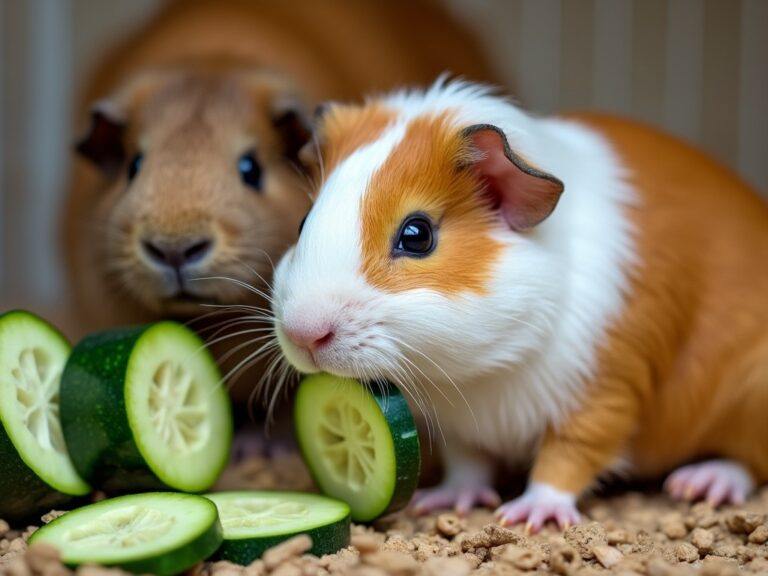Can Guinea Pigs Safely Eat Basil
Guinea pigs may safely enjoy basil as part of their diet. This aromatic herb not only adds a touch of variety to their meals but also comes packed with essential nutrients that are beneficial for their health.
One of the standout features of basil is its vitamin C content, which is crucial for guinea pigs as they do not produce this vitamin naturally.
However, adjusting the quantity is key to preventing digestive issues. While basil is healthy for guinea pigs, overindulging can lead to adverse effects such as bloating or diarrhea.
The adage ‘everything in moderation’ certainly applies when integrating basil into your pet’s meal plan.
In terms of feeding frequency, basil should be viewed as a treat rather than a staple. Including basil once or twice a week in small portions is a good practice, ensuring your pet reaps the benefits without any unwanted side effects.
This approach maintains their diet’s balance and keeps your guinea pig looking forward to its next herby treat.
Nutritional Benefits and Risks of Basil for Guinea Pigs
Basil delivers a host of vitamins and minerals that can contribute positively to a guinea pig’s health.
Notably, it’s a source of Vitamin C, which is crucial since guinea pigs cannot produce this vitamin on their own.
Vitamin A, for eye health, and antioxidants, which support overall cellular health, are also present in basil and play a vital role in maintaining a guinea pig’s well-being.
Like all elements of a healthy diet, balance is key. It’s essential to mix basil with a variety of other fruits and vegetables that are safe for guinea pigs to ensure they receive a comprehensive range of nutrients.
This variety not only promotes nutritional balance but also keeps mealtime interesting for your pet.
However, moderation is also crucial to prevent health issues. Potential concerns when overfeeding basil include urinary complications due to its calcium content, which can contribute to stone formation in excess.
If you notice changes in your guinea pig’s urination patterns or discomfort, consult your veterinarian.
To maintain health and happiness, consider alternative foods that are equally safe and nutritious for guinea pigs.
Red and green leaf lettuce, cucumbers, and bell peppers can add diversity to their diet without compromising nutritional value. Offering a varied diet will help mitigate the risks and maximize the benefits of each food.
Feeding Basil to Guinea Pigs
Proper preparation and introduction of basil into your guinea pig’s diet are crucial to ensure they enjoy the benefits without any risks.
Always start with a small amount to observe how your pet responds, gradually increasing the portion if there are no adverse reactions.
Selecting fresh, high-quality basil is also important. Look for vibrant green leaves that are free from spots, blemishes, or signs of wilting.
This ensures your guinea pig is getting the most nutrition out of the herb.
Remember, basil should only complement a well-rounded diet consisting mainly of hay, a small amount of guinea pig pellets, and a variety of other vegetables and fruits such as carrots, broccoli, or seedless apples to provide a variety of nutrients.
Incorporate basil into your guinea pig’s regular meal planning with care.
Continuously monitor their health, and consult with a veterinarian who specializes in small animals if you have any concerns regarding your pet’s diet or if you notice any health changes.

